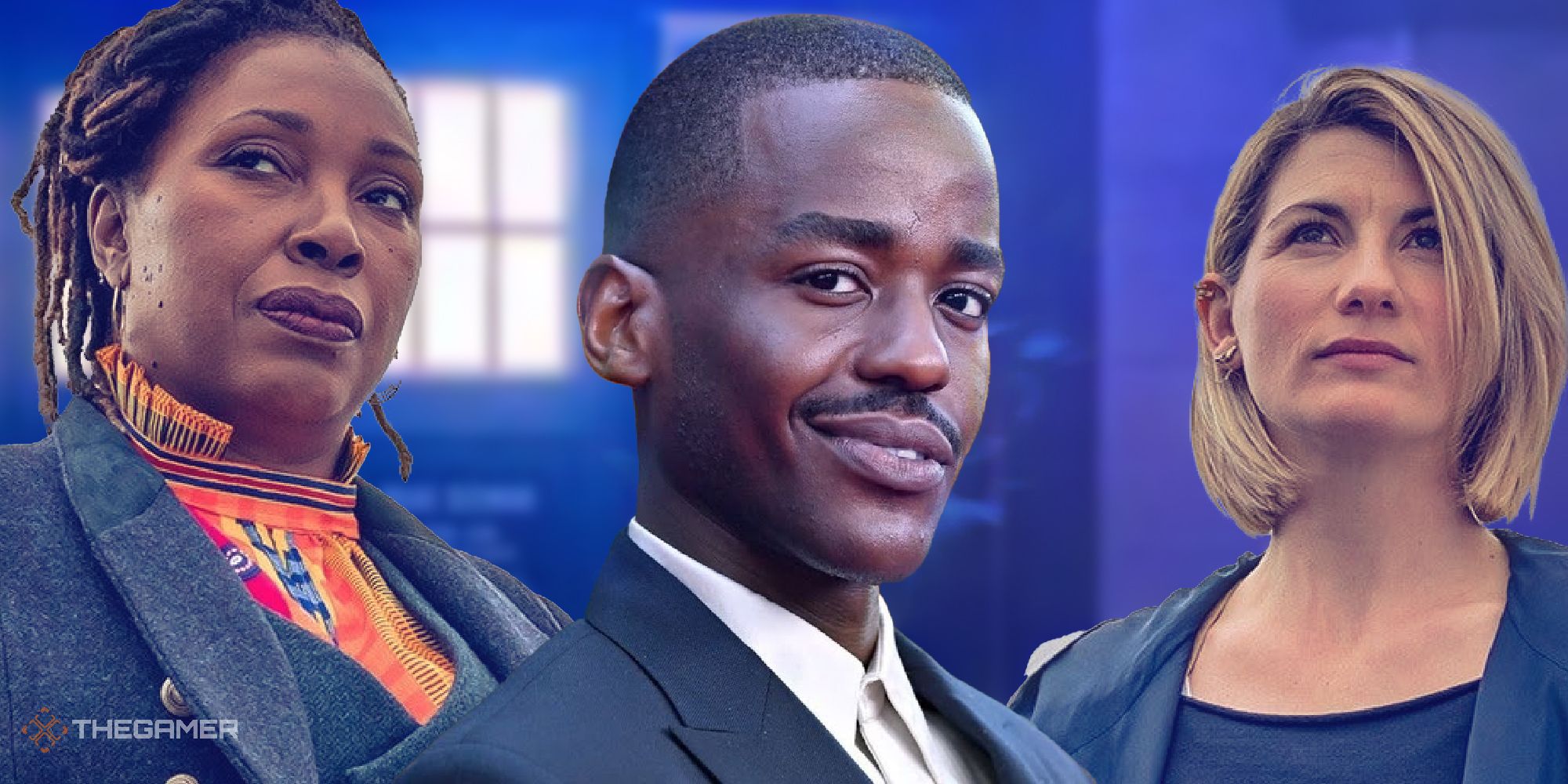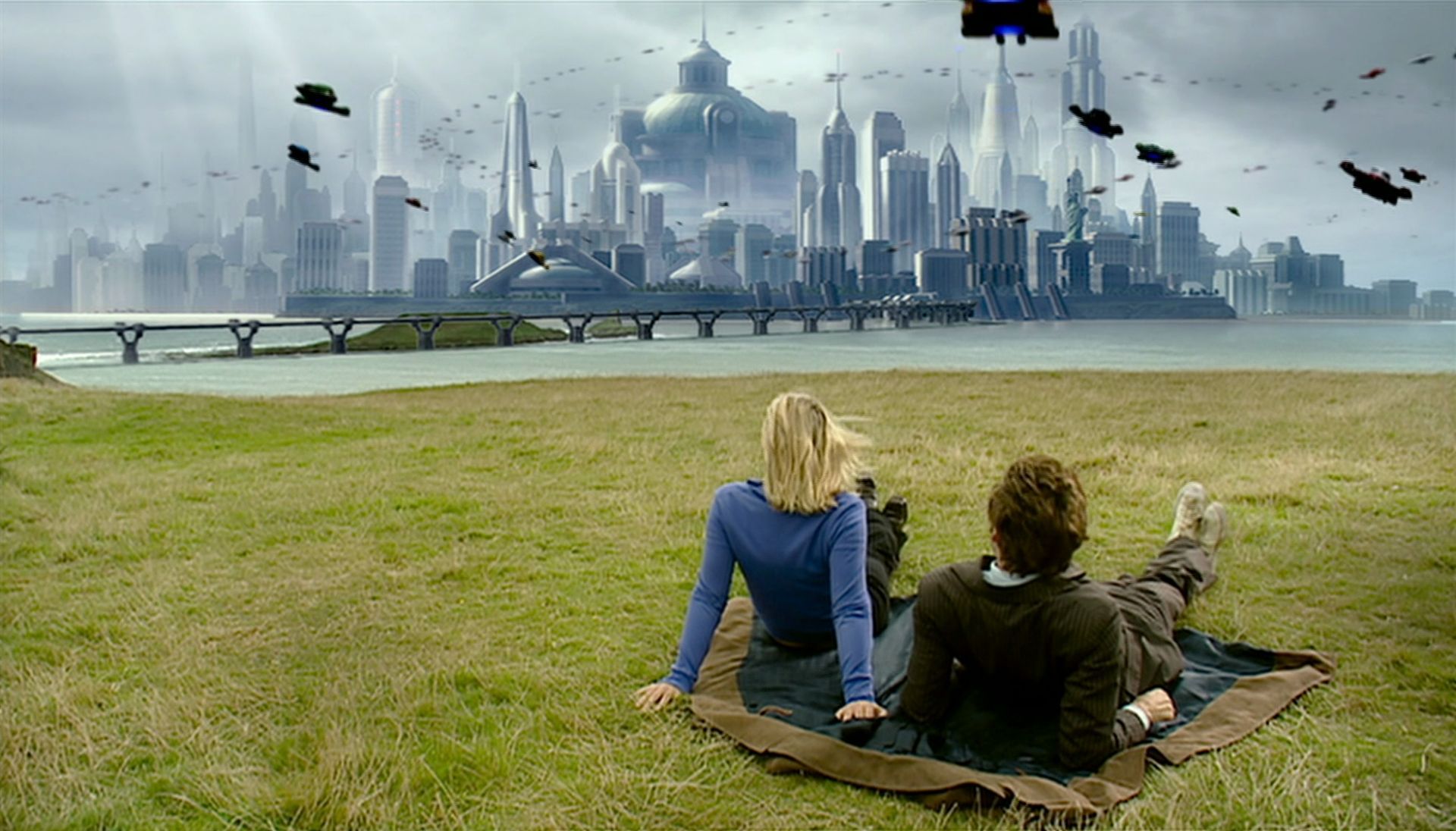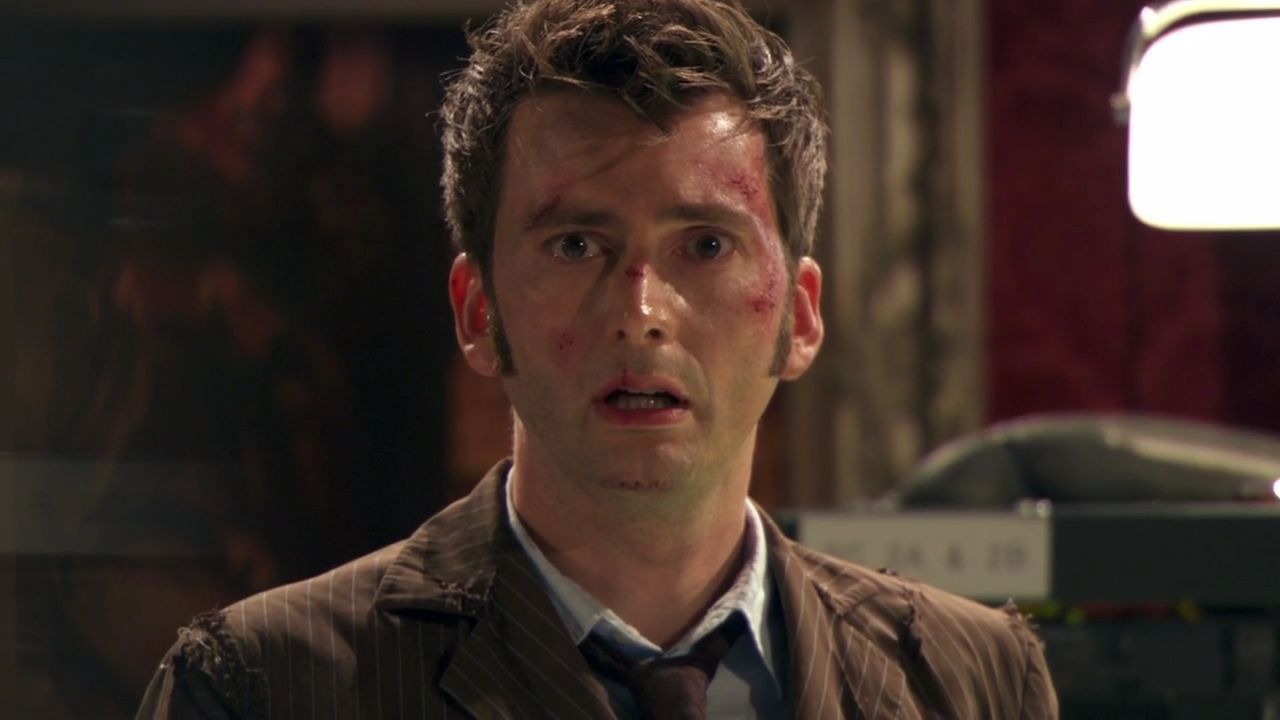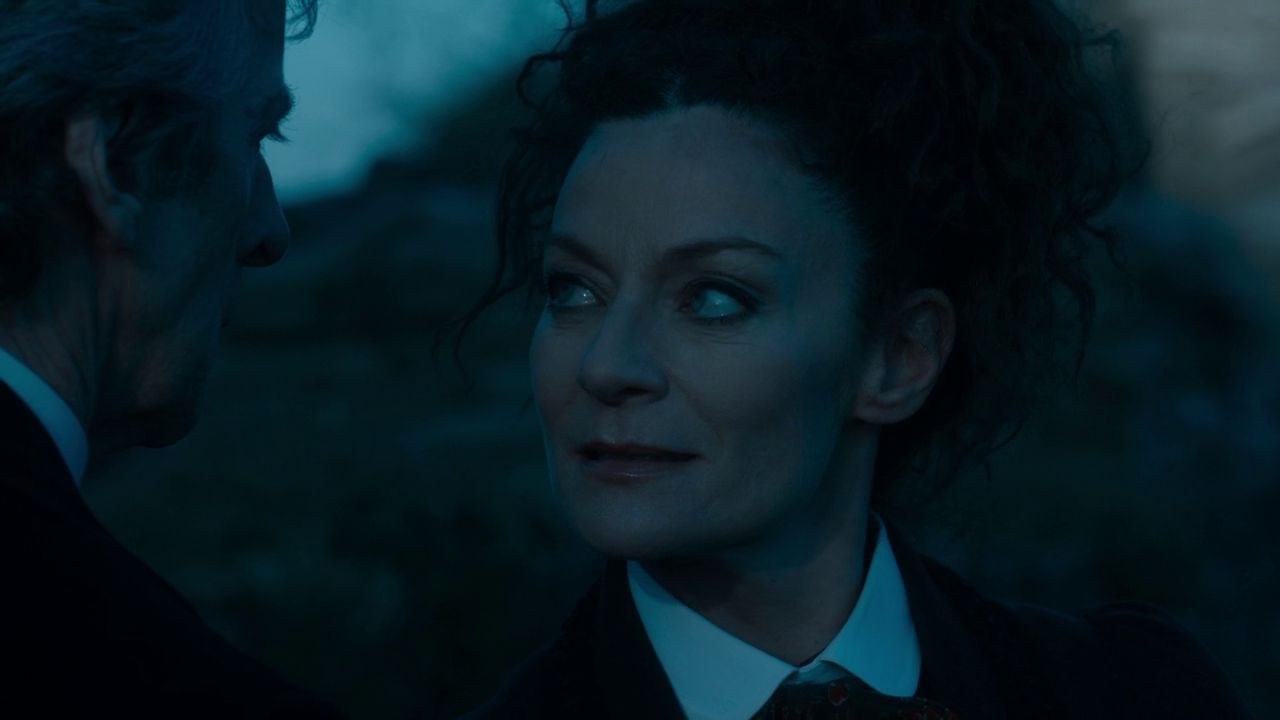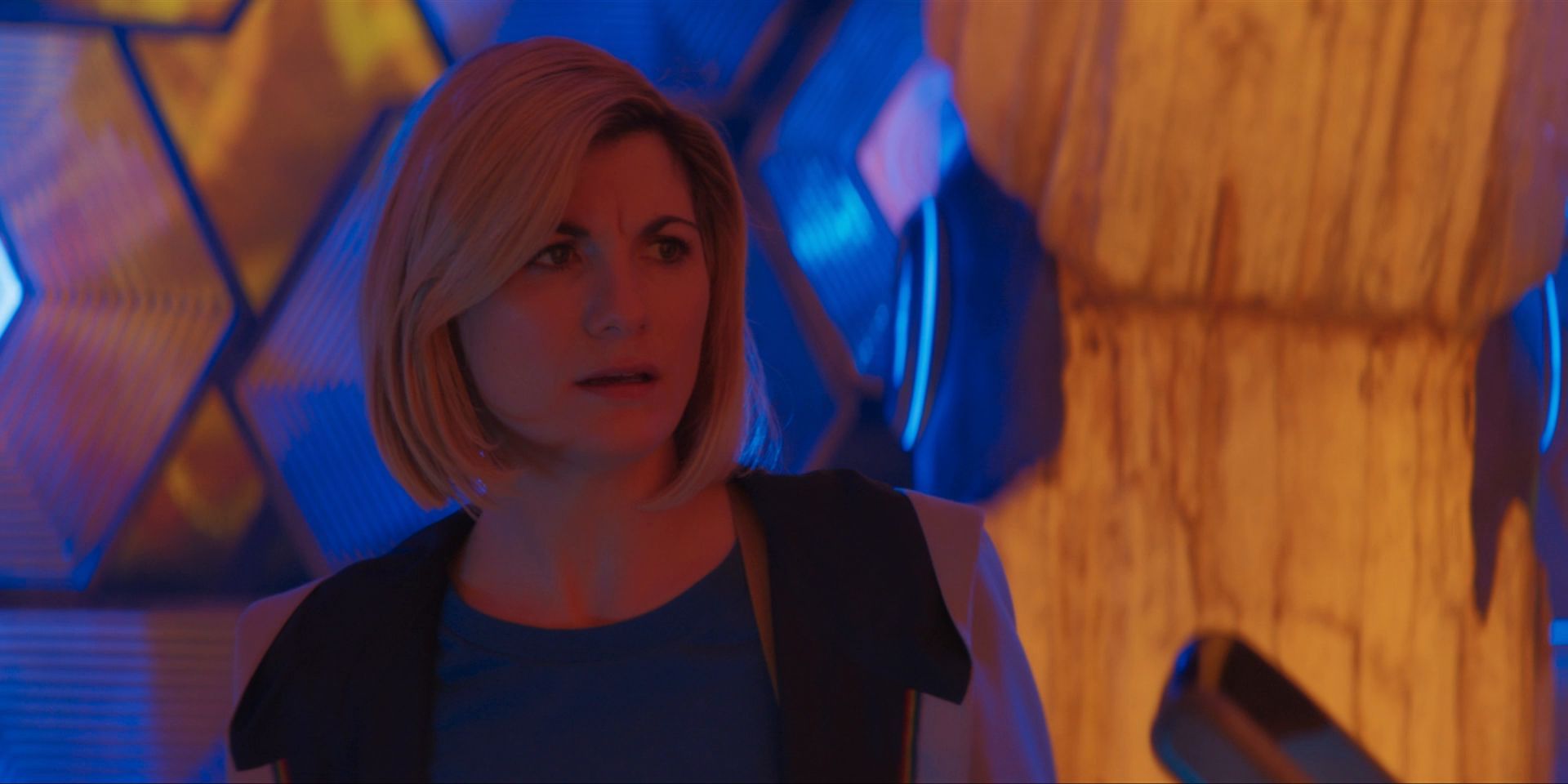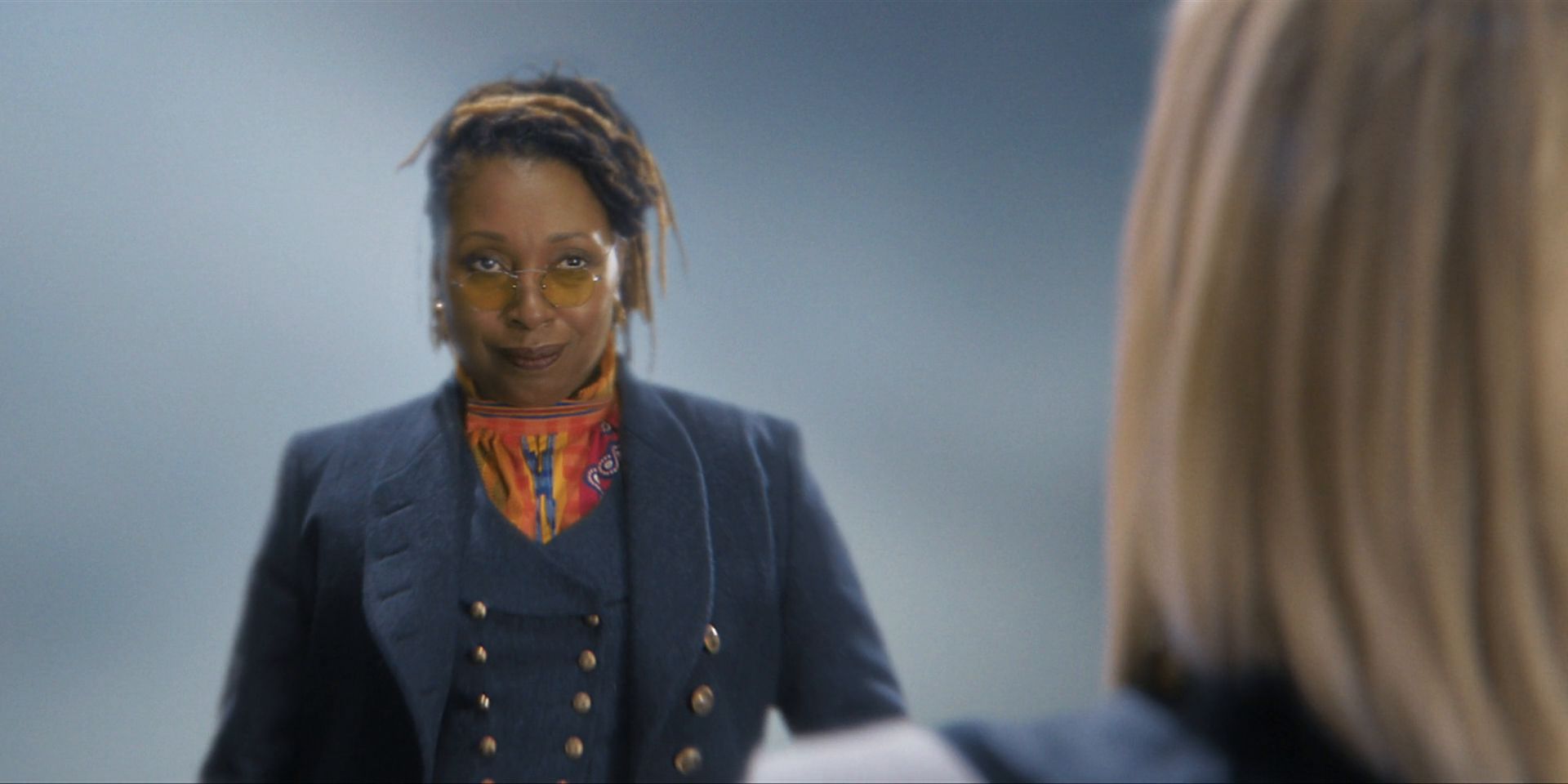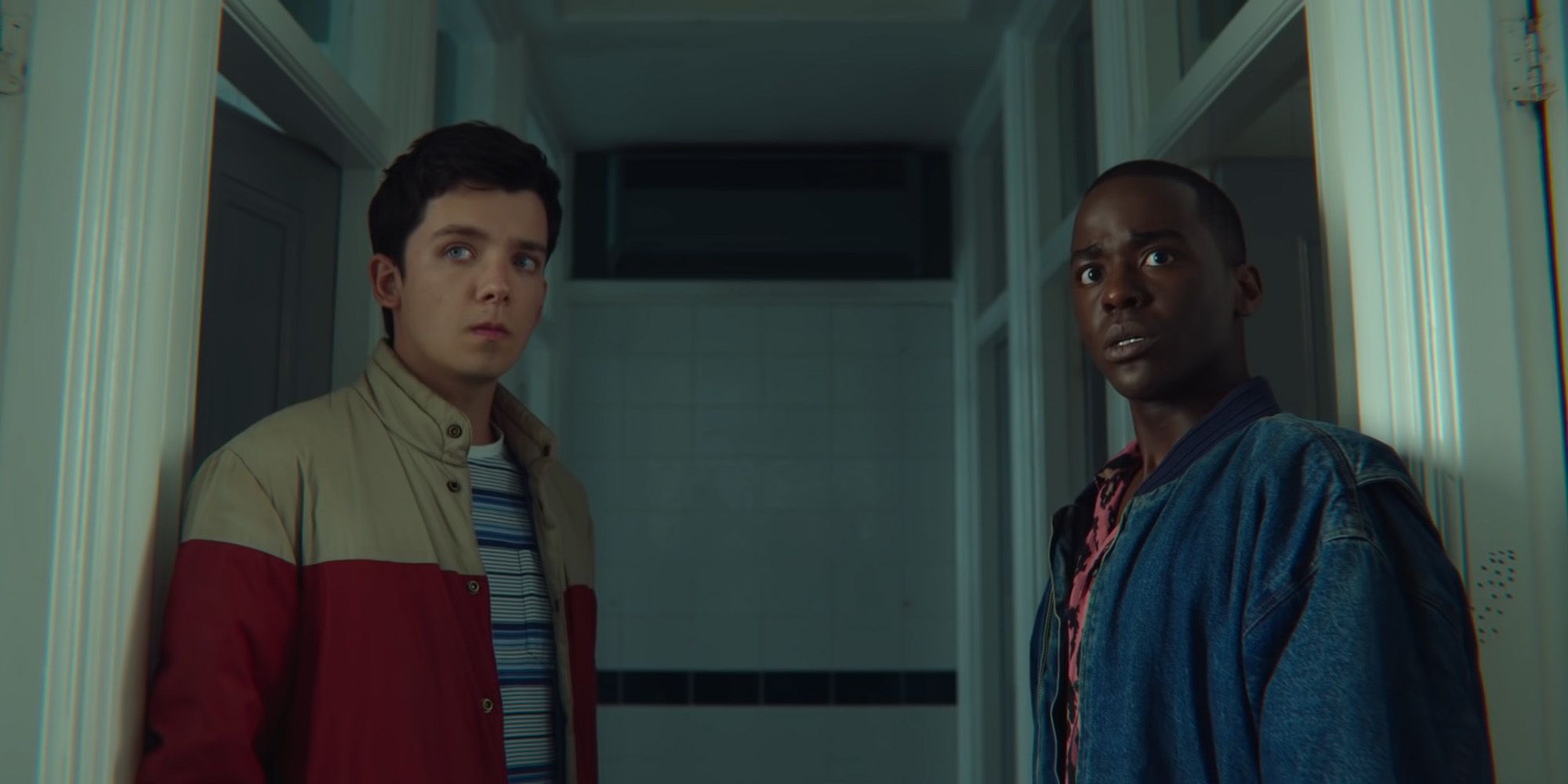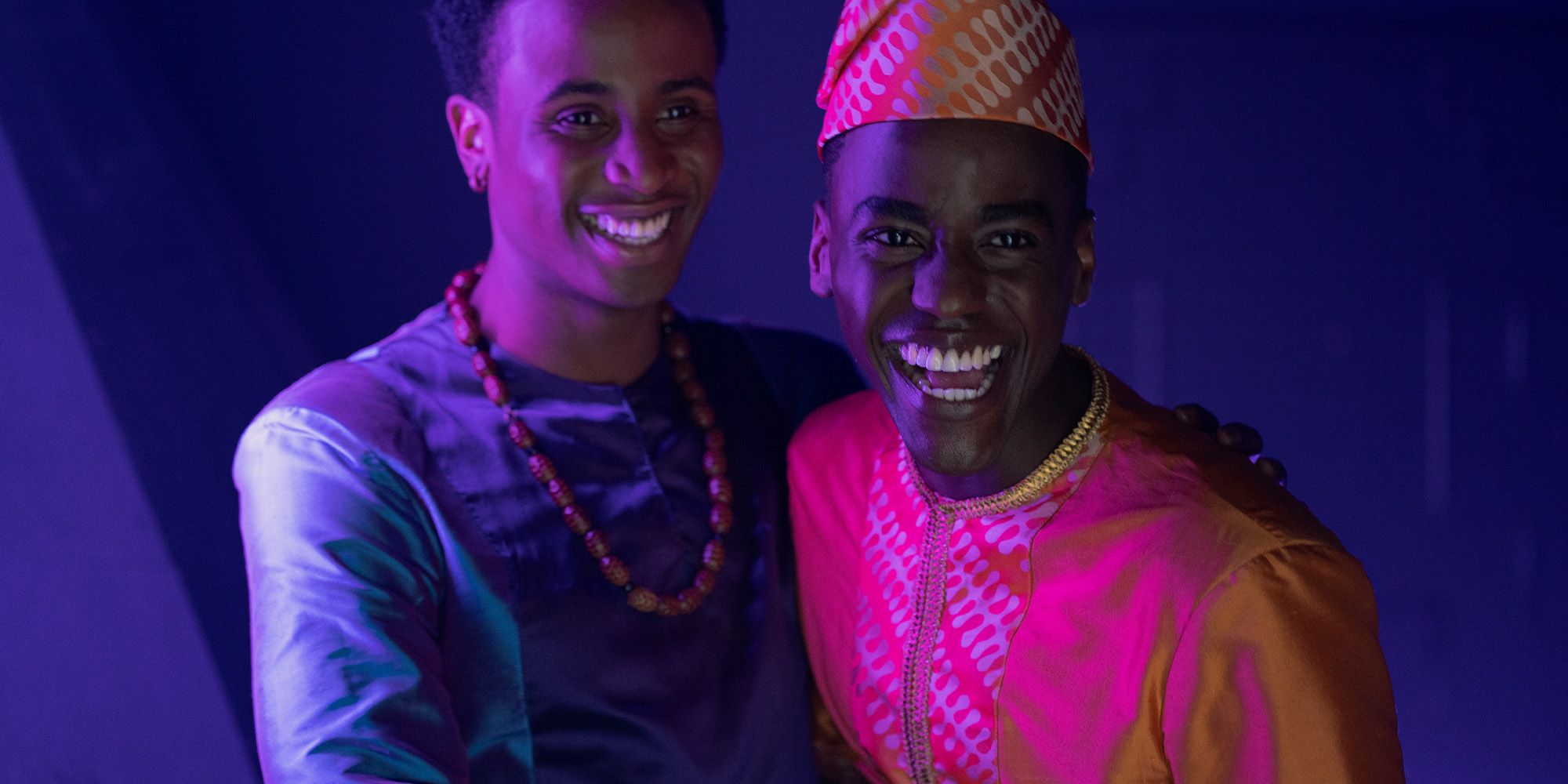Late last week, it was announced that Ncuti Gatwa will be taking over Doctor Who, replacing Jodie Whitaker as the Doctor when her tenure ends this September. It's an interesting casting choice – on top of being the show's first Black current incarnation of The Doctor, Gatwa is mostly known for his comedic turn as the flamboyantly camp gay best friend Eric Effiong in Netflix's Sex Education.
While most fans are enthusiastic for what Gatwa will bring to the role, the usual crowd – who can't fathom this time-travelling alien as being anything other than a white male – have taken the unsurprisingly racist stance of a Black actor can't play the Doctor. Except, if those people stopped screaming on Twitter, and actually looked at how the show has progressed in the last 17 years, they'd see that it's not only an excellent, radical casting choice – it makes perfect sense for the character.
In Doctor Who, the main character is The Doctor, an immortal alien who can survive death by changing every cell in their body. Devised as a way to survive William Hartnell pulling out of the role in the early 1960s, this 'regeneration' changes The Doctor's face, voice, and even personality – turning them into a new person with the same memories and core character development of the incarnations that came before.
Though regeneration is portrayed as random – as the Ninth Doctor said at the end of his life, "it's a bit dodgy, this process. You never know what you'll end up with" – there has been mounting evidence ever since the 2005 revival that there is some kind of guiding force choosing who The Doctor turns into next. The Doctor's forms appear to be based on their guilt surrounding key people in their previous lives, and this is how Gatwa easily fits the mould of who The Doctor is.
First, the Ninth Doctor's regeneration. Battered and emotionally scarred by the Time War, the Ninth Doctor was brought out of his trauma through his companion Rose Tyler. However, while there were a few oblique references to "dancing" here and there, the relationship mainly remained platonic – the Doctor was still in too dark a place to pursue that sort of thing. But following his regeneration into the Tenth Doctor, played by David Tennant, he became a much more romantic, personable figure whom Rose quickly falls in love with. He even picked up elements of her accent.
By the time the Tenth Doctor's death rolled around five years later, Rose was no longer the most important person in his life. She'd long been trapped in a parallel universe. Instead, the most important person to the Tenth Doctor – and the fatal flaw of his character – was himself. His handsome and quippy exterior hid a deeply egotistical and self-centred person, a man (or alien, I guess) willing to interfere with the flow of human development just to prove he could. It wasn't until his final moments that he admitted he'd "lived too long" and sacrificed himself to save Wilfred Mott. Even then, he didn’t want to go.
This combination of self-love and weariness combined to make the Eleventh Doctor, someone who kept many of the attributes of the Tenth Doctor. Both were handsome, young men with big hair and a penchant for formal wear, but the Eleventh Doctor contrasted his youthful outward appearance with a sense that he was finally feeling his true, centuries-old age.
Age continued to be a running theme through the Eleventh Doctor's life. He watched as his best friend Amy Pond went from little girl into someone who 'outgrew' him and left. He was also facing a complicated relationship with his new companion, Clara, as the two allowed themselves to get sucked into an almost romantic fantasy between them. Enter the Twelfth Doctor, an incarnation that eschewed everything about both the Tenth and Eleventh Doctors. Much older, much less human, and was able to easily put up walls between himself and the people around him, the Twelfth Doctor was happy to focus on the work of being The Doctor with little to no praise or recognition. He was a "mad man with a box", and that was fine with him.
As part of the Twelfth Doctor's 'job' as The Doctor, he aimed to rehabilitate one of his long-time enemies, The Master. Now taking a female form, Missy was the first time bridges were rebuilt between The Master and The Doctor, and for a while it really did look like she was going straight. In a lot of ways, the Doctor achieved his goal with Missy, but her final act of goodness – killing her past self so he could regenerate into her – was performed out of sight of The Doctor. He died never knowing if he'd turned Missy good, and regenerated into the Thirteenth Doctor in the next episode.
With the Missy problem still looming over the Twelfth Doctor, it's no surprise that the Thirteenth Doctor is everything the Twelfth wanted Missy to be: a kind Time Lady who threw aside her former life's tendency for bloodshed to protect anyone who needed saving. The Thirteenth Doctor says as much in her debut episode, saying "I'm The Doctor, sorting out fair play throughout the universe".
Throughout the Thirteenth Doctor's tenure, a key theme has been uncertainty, particularly over who she actually is, following the discovery she isn't from Gallifrey as she and former Doctors (and we with them) had always thought, but is in fact the first Time Lord. Throughout her entire crisis, the one person she fell back on for answers and support was an older, forgotten incarnation of herself: the Fugitive Doctor, played by Jo Martin. Though she was very much a soldier, and lacked the compassion the Thirteenth had developed through thousands of years of travel, she was still the Doctor. The Fugitive Doctor, a flamboyantly brilliant genius who knew how to work a room, helped the Thirteenth come to terms with her identity crisis and become a much more grounded and focused character than we'd previously seen her.
With this in mind, it makes sense that Gatwa's Doctor could inherit some of the traits we saw of the Fugitive Doctor, and I don't think having both of them be the first two Black actors to portray the Doctor is a coincidence in that regard. Just as the Eleventh Doctor echoed aspects of the Tenth, and the Thirteenth aspects of Missy, the Fourteenth Doctor could be a result of the Fugitive Doctor. Their shared Blackness could be a visual or thematic cue to the audience, or it could be that Gatwa, best known himself for a charismatic and flamboyant turn, makes for the best fit to carry on this thread. If there is a link between Fourteenth and Fugitive, it’s a fascinating angle to regeneration worth exploring further.
The Fugitive Doctor gave the Thirteenth an image of a Doctor who was confident and self-assured. While she was brutal and willing to kill, she knew when to act and when to stand back, and – more importantly – was able to move on from the consequences of her actions in a way Whitaker's Doctor never could.
We've seen Gatwa play this kind of character before, with Eric in Sex Education. Though we likely won't see him call a Dalek a "dirty pig" any time soon, both Eric and the Fugitive Doctor weren't ones to pull their punches. I can see the Fourteenth Doctor as a cutting, sometimes brutal character who is happy to accept the consequences of their actions if it's for a greater cause, like the Fugitive Doctor or the Twelfth, but with more of the warmth and energy of Whitaker. After all, Gatwa is on the younger end of the scale for Doctors, and inheriting a bit of the Tenth, Eleventh, and Thirteenth's compassion and energy could go a long way to making the Fourteenth something totally new.
Doctor Who is all about change and moving on, while still remembering the past. The Doctor can be anyone, go anywhere, and do anything, but there is always that core character running through every incarnation. For all the mistakes Chibnall made during his era, the Fugitive Doctor was one of the most refreshingly new takes on the character we've ever seen. As Gatwa and Davies take the helm of Doctor Who, I hope we see a bit more of her in the Fourteenth Doctor than expected.

